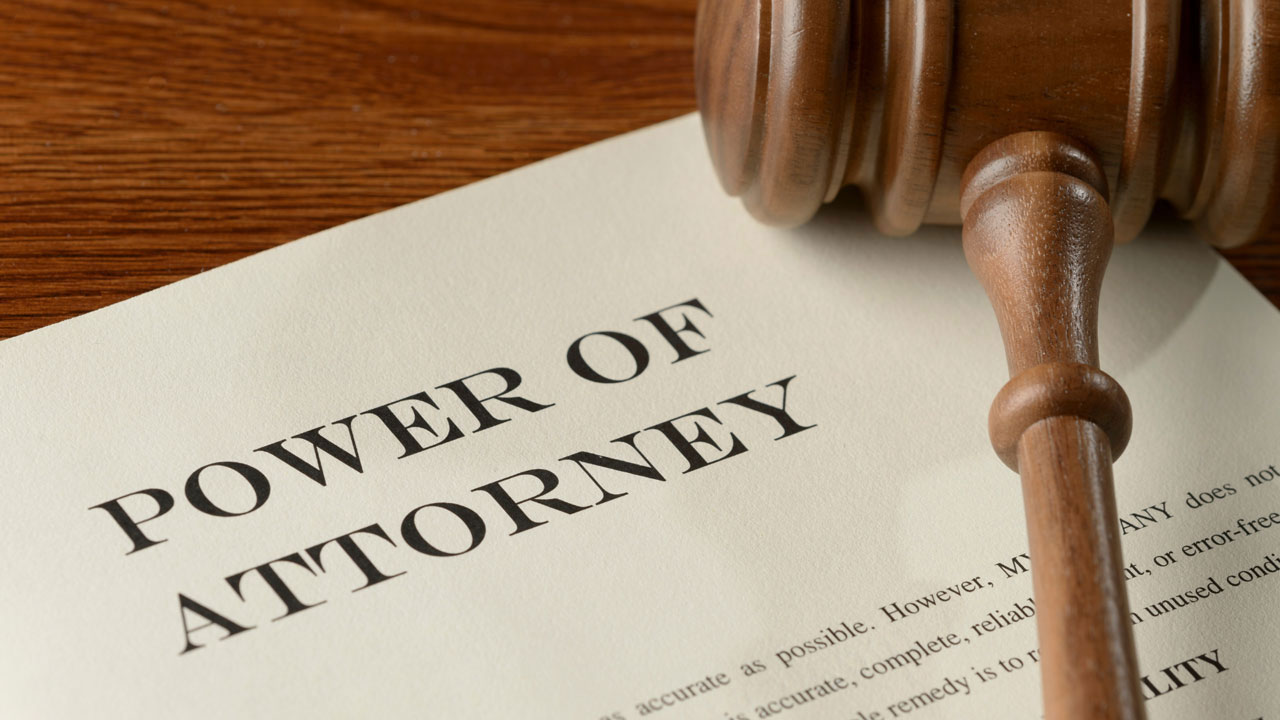Cryptocurrency is an increasingly common way to invest money. However, it can be a challenge to figure out how to pass it on using a will. The anonymous nature of crypto is a draw for many of the people who invest in it, but that also means you’ll need to make special efforts to include it in your estate plan.
An estate planning lawyer Orange County can help you determine the best way to write a will that includes your cryptocurrency wallet without compromising its security.
What Is Cryptocurrency?
Cryptocurrency is virtual currency, owned anonymously and without registries. New forms of cryptocurrency are constantly appearing online, but they all have those qualities in common.
Different currency systems have different amounts of value, and can be thought of as similar to tokens. Cryptocurrency is stored in a digital wallet and kept secure by an access key, or password.
Because of these unique features, cryptocurrency can’t be inherited by the usual means of inheritance. The anonymity means that a court won’t discover your crypto, and even if they could, they wouldn’t be able to transfer it to your beneficiaries without the key.
In order for your loved ones to inherit your cryptocurrency, you’ll need to specifically write it into your will and make specific plans that you wouldn’t have to make for a traditional bank account.
Help from a professional can make the process easier, and a will attorney Orange County can walk you through the process.
Can Cryptocurrency Be Inherited?
The traditional rules of inheritance can be difficult to apply to crypto accounts. They’re designed to work with physical assets, property, and bank accounts with a paper trail. If you don’t mention crypto specifically in your will or other documents, however, your accounts could fall through the cracks and be lost.
Crypto accounts are anonymous and designed to be impossible to track unless you know the crypto wallet address and have the key. That means just listing it as an asset in your will isn’t enough to ensure that your beneficiaries or executor will be able to locate your accounts.
If you intend to leave the contents of your crypto account to beneficiaries, you’ll need to share the address and key in some form. Crypto owners need to consider the best way to share this essential information without compromising the security of their wallets.
With a little planning, you can leave the contents of your crypto accounts to your loved ones and ensure they can reap the benefits of your investments. Crypto law is still an emerging field, but our team takes a special interest in it and can provide helpful insights.
Can You Leave Cryptocurrency In A Will?
It is possible to leave cryptocurrency in a will, but the process is not as straightforward as leaving other assets in your will. It requires a bit more planning.
Physical objects will be discovered in your home, on your property, or even in a safety deposit box in the bank. Bank accounts leave a paper trail and you can name a beneficiary for your accounts with them.
By contrast, cryptocurrency is digital, anonymous, and typically kept private, which means that it’s easy to lose track of them if they are not properly documented in your estate planning.
Instead, you’ll need to list your crypto in your will in a way that ensures your beneficiaries will be aware of its existence and where to find it. At the same time, you’ll want to keep your wallet address and key private.
The contents of a will are accessible to the public, so it’s best to provide the specifics of your account information in a separate document instead.
Sharing the information in an encrypted form can solve the privacy issue. Another is to simply save the information in your preferred format, whether on a flash drive or on a piece of paper, and store it in a safe at the bank.
Guidance from an attorney can help you create a will that serves your purposes and keeps your crypto wallet secure. Phrasing is important in estate planning, and we can ensure that your will is legally sound.
What Are the Steps For Leaving Cryptocurrency In Your Will?
Including cryptocurrency in wills and estate planning is new territory, and it doesn’t follow traditional estate laws.
Hiring an attorney will help you create a valid will that includes mention of your crypto wallet without sacrificing your privacy. This field of law is evolving, but some attorneys have expertise on the current situation.
After ensuring that your crypto accounts are listed in your will, you can draft a memorandum that lists each of your wallets and where to find it, whether it’s on an app, at a web address, or physical. The memorandum isn’t public, so you’re free to include more sensitive information in that document.
Your memo should include all your usernames and passwords used to access your cryptocurrency, because those passwords typically can’t be reset. The memo can also include a basic guide on how to access your accounts using the passwords. Many people are not familiar with cryptocurrency and may struggle to get started with it.
It’s also a good idea to seek out an executor who knows enough about cryptocurrency to help your beneficiaries understand how to use it, whether they want to keep it in crypto form or exchange it for money.
A well-drafted will can hold up in court and ensure that your loved ones don’t need to worry about spending time in court over it or trying to locate assets.
Our estate planning lawyers will help you account for your cryptocurrency wallets during your estate planning. With our help, you can make sure that your assets are not lost or rendered inaccessible.
We have the expertise needed to help you navigate the world of estate planning and create a functional will that serves your needs. Contact us today to schedule a consultation to learn how our attorneys can help.











